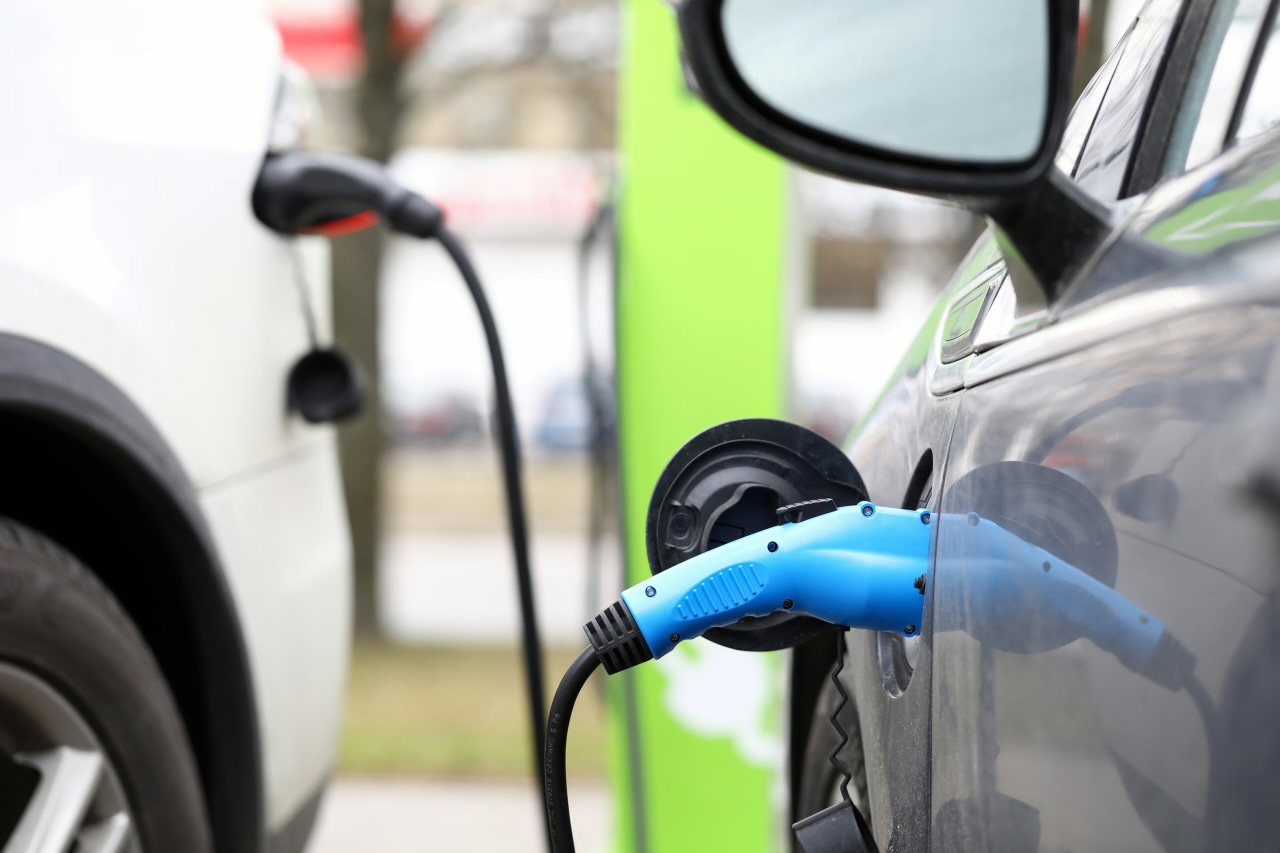The National Climate Week is taking place in Bali from 25 to 30 August 2025. A key part is the forum where regions share their measures against climate change.

Bali stands out among the participants with an especially ambitious statement—to achieve zero emissions by 2045, 15 years ahead of the national strategy timeline. The question is how realistic the steps towards this goal will be, as the island's energy still relies heavily on coal and oil.
During the week, Bali's initiatives are being discussed: the development of solar energy, the transition to electric transportation, food sustainability, and access to clean water. Pilot projects to create low-carbon zones are launching in Ubud and Sanur. Plans include installing solar panels on the roofs of markets and village offices, developing infrastructure for electric vehicles, public transport, bicycles, and pedestrians.
One of the solutions voiced at the forum is the plan to stop selling gasoline and diesel cars in Bali by 2030 or 2035. This is necessary to fully switch to eco-friendly transport by 2045. Authorities note that on Fridays, civil servants are encouraged to use electric cars, and high-ranking officials have already switched to them. Sales of electric cars are growing, although the high price still remains a barrier.
The forum is meant to become a platform where efforts by the government, business, and public organizations combine for real action, rather than remain at the level of promises.


You can add one right now!